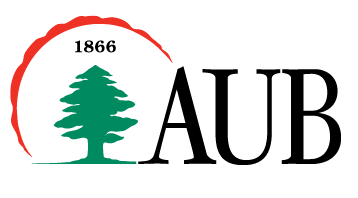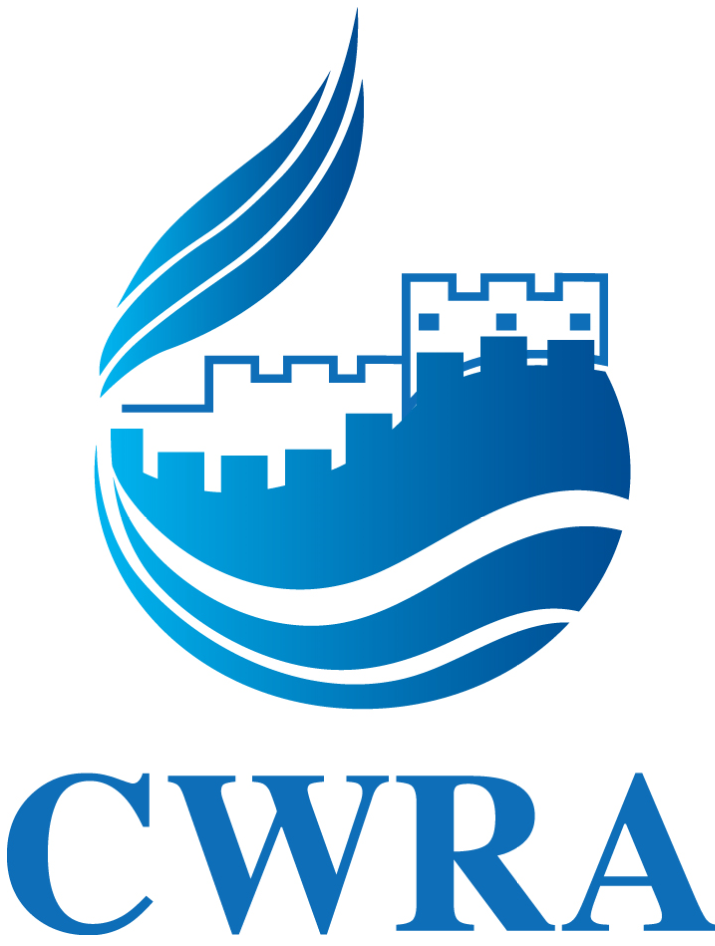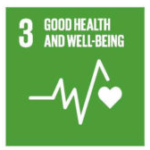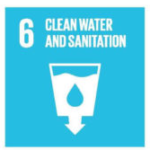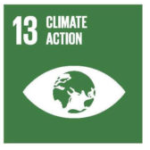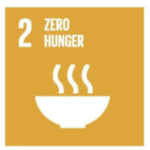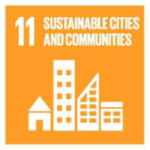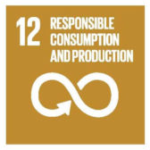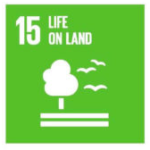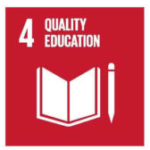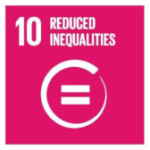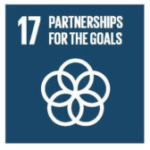How can we better manage water for food and public health in a changing world?
THEME 1
How can managing water in agriculture contribute to food security and public health?
THEME 2
What opportunities lie in the improved cooperation between water, food, and public health sectors?
THEME 3
What are the synergies or trade-offs between ecosystem health and human health?
THEME 4
How can science better inform public policy, governance and capacity building for water, food, and health?
THEME 5
Online Conference
Themes & Issues
Water, Food and Public Health
in a Changing World
IWRA decided in 2019 to test run an on-line conference on water to facilitate the international sharing and presentation of the latest research for people who are unable to travel to international conferences, due to the cost, ethical reasons, or other travel restrictions. The plan was to hold this first IWRA Online Conference in 2020. Little did we realise that in 2020 no one would be able to travel to any conference that year. The result was an event well beyond our best expectations, proving the model to fulfill both demand and needs.
Following the huge success (+ 1,450 attendees from 130 countries) of the IWRA 2020 Online Conference on “Addressing Groundwater Resilience under Climate Change”, organised with the support of the UNESCO Intergovernmental Hydrological Programme (IHP), the International Association of Hydrogeologists (IAH), and the IHE Delft Institute for Water Education, the IWRA Executive Board have decided to make the IWRA Online Conference an annual event, and have proposed to hold the 2nd conference from June 7th to June 9th 2021 on the new theme of: “One Water, One Health: Water, Food and Public Health in a Changing World.”
Currently, the whole world has been focused on public health with the COVID-19 pandemic, which has also disrupted farming, production, and shipping, highlighting the fragilities of the interconnected systems we all depend upon. Water is a critical factor in both agriculture and food processing, as well as in nutrition and broader human health issues. This complex nexus of sectors is often treated in silos, from both science and policy perspectives. Examining the inter-linkages between water, food and public health is now more critical than ever, especially as the world changes in response to the stressors of pandemics, climate change, population growth, and urbanization. This theme also fits well with on the “Road to Dakar” preparations for the 9th World Water Forum in Senegal in March 2022.
THEME 1
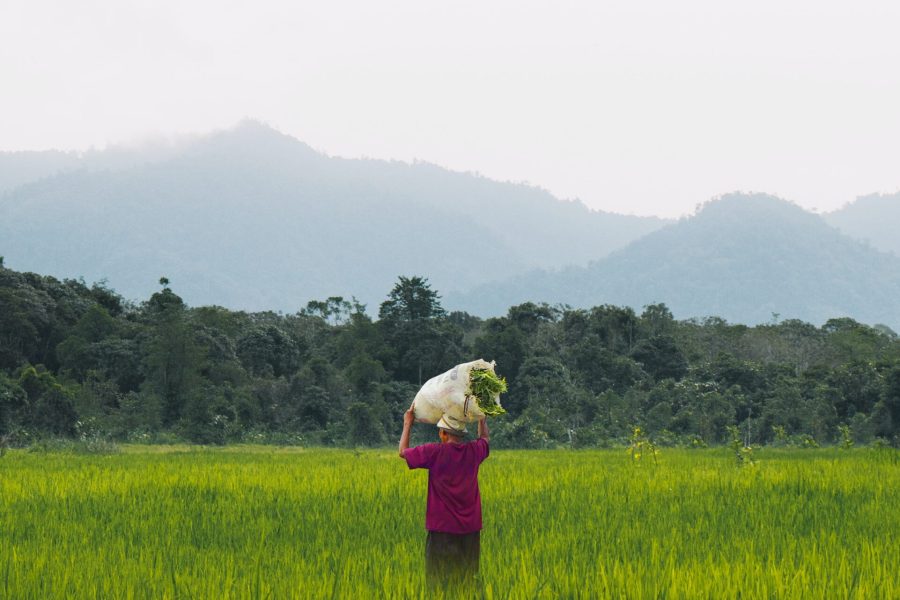
How can we better manage water for food and public health in a changing world?
Water resources in sufficient quantity and quality are critical to produce food. Access to safe and clean water is important for public health, not only for drinking but also for personal hygiene as exacerbated by the current COVID 19 pandemic. In a world of global changes water resources are under threats concerning their availability, because of drought periods and less rain due to climate change. At the same time, extreme events affecting water, like floods, may have a heavy impact on its quality, and its access as well as on food production. Climatic events can push populations to migrate from rural areas to urban zones aggravating the demographic pressure in big cities. Our changing world is not only affected by natural mutations, it is also the scene for political crises and conflicts, creating impacts on natural resources, agriculture and other activities, but also and mainly on the population which if forced to migrate and settle in neighbouring countries, in crowded refugee camps, where access to water needs to be ensured for drinking and health purposes, and access to food. The effect is an additional pressure on local water resources. Theme 1 will address these global changes with the concern of overcoming their impacts on water, food and health, either by prediction or other management solutions, giving due consideration to the new realities of urbanization; conflict and political crises, and not forgetting groundwater, and ecosystems.
1.1 How do we identify and overcome climate change and other challenges on water, food, and health?
1.2 How is groundwater for food and public health affected by global changes?
1.3 How do we predict and measure the impact of water-related extreme weather events on food and public health?
1.4 How do we factor in urbanisation and demographic changes into integrated water food and public health management?
1.5 What are the impacts and possible water solutions for food and health in regions suffering conflict and political crises?
1.6 How do we find synergies, and reconcile trade-offs, between water for food and health and other services provided by surface and groundwater ecosystems?
THEME 2

How can managing water in agriculture contribute to food security and public health?
The synergies between food security and public health constitute a very complex system, and agricultural water management plays a critical role at the interface between them. Addressing these elements in isolation will not achieve the desired outcomes for food, health, or water management. This subtheme will focus on the complexities at work at the interface of agricultural water management, food security, and public health. Key questions related to tradeoffs include: i) To secure access to nutritious foods, should farmers give priority in water management to raising productivity or to increase their ability to buy nutritious food through higher profitability? ii) Should policy focus be on increasing yield or increasing beneficial output from farming, by enhancing access to markets or reducing post-harvest losses due to poor storage? iii) How can data and knowledge on soil moisture and nutrient dynamics be applied to reducing water use and fertilizer losses, and therefore trade-offs in farm water management with the quantity and quality of water to meet needs for drinking water and hygiene in rural communities? iv) What are innovations that strengthen the integration of irrigation, inland fisheries, aquaculture, and livestock production for more profitable outcomes and improved diets and health? v) How can the resilience of food security and public health be strengthened in rural communities through the management of water infrastructure and ecosystem services? vi) How can farmers integrate water management into the wider food system to strengthen rural economies, improve drinking water services, integrate more nutritious crops for better health outcomes, and create small-business opportunities and jobs?
2.2 What can farmers do to increase productivity/profitability to secure their access to nutritious food – interdependencies with resilience, ecosystems and infrastructure?
2.3 How can better understanding of soil moisture and nutrient dynamics reduce water use and fertilizer losses?
2.4 How can farmers integrate into a wider food system as part of rural economies: value adding, job creation, and better diets?
2.5 How can integrating dryland, irrigation, inland fisheries, aquaculture, and livestock production provide more profitable outcomes, and improve diets and health?
THEME 3

What opportunities lie in the improved cooperation between water, food, and public health sectors?
Water, food, and public health systems are complex and tightly interconnected. Water is essential for food production; agricultural practices have direct impacts on water demand and water quality. Ensuring access to sufficient clean water, and safe, affordable, and nutritious food have direct impacts on public health. Addressing the challenges that face these interconnected and complex systems will require the development of a suite of interdisciplinary technical, policy, and behavioural levers, which might result in different trade-offs for each of the sectors. Better understanding these trade-offs and quantifying them through the development of the necessary analytics and assessment tools contributes to an informed evidence-based dialogue between the cross-sectoral stakeholders. Our readiness for rapid and coordinated responses will depend on our success in creating an environment of cross-sectoral cooperation while innovating at the interface of multi-disciplinary research expertise. Multiple barriers for cross-sectoral cooperation currently exist; these include differences in planning horizons and language, lack of coordinating platforms and financing mechanisms, and differences in governance models, among others. This session will focus on highlighting key opportunities for overcoming these barriers and implementing innovative levers for improved evidence-based decision-making and cooperation between the three sectors. We welcome contributions from low-income and middle-income countries and from countries experiencing conflicts and other humanitarian crises.
3.2 What technological, social, and institutional barriers exist to ensuring access to nutritious food and safe drinking water and sanitation, and what are examples of innovative ways to address them?
3.3 What public health policy responses are required to address non-point source pollution from agricultural production?
3.4 What role can public health play in catalysing a transition toward circular food and water value chains?
3.5 What are examples of opportunities for improving the resilience of societies facing compound shocks (pandemics, climate change, migration) through the lens of interconnected water, food, and public health systems?
THEME 4

What are the synergies or trade-offs between ecosystem health and human health?
Conventionally, management of water bodies and resources has often focused on use of built infrastructure to maximise a narrow range of benefits to society, such as water supply for agricultural, urban or industrial use, generation of hydropower, or flood risk reduction. While this approach has brought successes, it has also contributed to widespread deterioration in the health of freshwater ecosystems and a global collapse of freshwater biodiversity. These adverse impacts have in turn had consequences for people who rely on ecosystem services such as freshwater fisheries, sediment replenishment to low-lying delta regions, or cultural values of water bodies. As calls grow stronger for action to address the global climate and nature crises, this sub-theme will focus on how decision-makers can find greater synergy – or at least a more balanced approach to managing trade-offs – between ecosystem health and human development objectives. In particular, the sub-theme will address three questions: i) How do we identify and capitalise on synergies between maintaining or restoring freshwater ecosystem health and providing water, food and health benefits for people? ii) What role do markets and regulation play in capitalising on synergies, and reconciling trade-offs, between water for ecosystems, food and public health? iii) How can we protect and restore aquatic ecosystems urgently and at scale for both biodiversity and human welfare?
4.2 What role do markets and regulation play in capitalising on synergies, and reconciling trade-offs, between water for ecosystems, food and public health?
4.3 How can we protect and restore aquatic ecosystems urgently and at scale for both biodiversity and human welfare?
THEME 5

How can science better inform public policy, governance and capacity building for water, food and health?
Our academic system has two basic features: it focusses research on “ niche” topics and “talks” to fellow academics in the same discipline. Which of course is important and useful. However, We always talk about getting out of the water box and then turn around and address our fellow experts. But how do we then go from research to applied science? Make it useful for policy-makers? How do we make research multi-disciplinary and multi-topic? How do we go from single purpose to MUS (multiple use)? Look at nexus-issues (water-food-nutrition-health)? How do we ensure multiple voices heard, incorporate citizens science? What would be the biggest challenges for the educational system to get the knowledge to the ground? But also, who teaches the teacher? How do we make people aware of what is out-there in terms of rights and obligations, laws and regulations and assist people in actually using that? The theme will look into these issues and some guiding questions below.
5.2 What new direct legal mechanisms are emerging to promote more integrated water resource management, and overcoming regulatory barriers to integrate management of water for food and health?
5.3 What indirect legal approaches are there to water governance, including trade and investment law, which affect access to and allocation of water resources?
5.4 How can we leave no one behind? – Allocation, Nutrition, Tenure Rights, Vulnerable Individuals and Groups, and Indigenous Communities in developed and developing countries.
5.5 How can we look at water and food in more inclusive ways? – Access, nutritional value, economic/productive uses, health and footprint.
5.6 How can we better integrate WASH and irrigation from financing to implementation? – Multiple Use Systems.
Partners Organizations
The conference debates and results will contribute to achieving the objectives of the thematic areas – “Groundwater in a Changing Environment” and “Education Key to Water Security” – of the 8th phase of the UNESCO IHP programme on “Water Security: Responses to Local, Regional, and Global Challenges.
